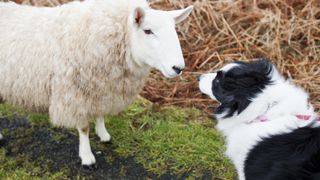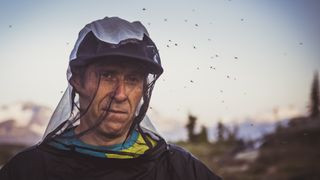Life's Little Mysteries: Science questions, answered
The world can be a pretty mysterious place and we at Live Science love to ask and answer scientific questions about mysteries big and small: about ancient civilizations, our planet and our solar system, the plants and animals that live alongside us, our bodies and how they work, and the technologies that we use every day.
Join us on this exciting voyage of discovery and downright weirdness as we solve … Life's Little Mysteries.
Latest about Life's Little Mysteries

When were birthday parties invented?
By Kristina Killgrove published
Although many researchers assume that birthday celebrations date back to the ancient Egyptians, the earliest textual evidence of a birthday party proves these annual events are much older.

Can animals learn another species' 'language?'
By Marilyn Perkins published
Animals hear other species communicate around them every day. Do they understand what they're saying?

How far can a person run without stopping?
By Skyler Ware published
People go on 5K and 10K runs all the time. But what's the farthest humans can run at one time?

Do other animals kiss?
By Marilyn Perkins published
Kissing is a multifaceted and emotionally loaded behavior. Do other animals do it, too?

Would a fallout shelter really protect you in a nuclear blast?
By Elana Spivack published
Nuclear bunkers aren't a foolproof way to stay safe during a nuclear attack. Here's why.

Why are flies attracted to humans?
By Margaret Osborne published
Flies are attracted to our pungent "cloud of effervescence," experts say.

How do Hula-Hoops work?
By Charles Choi published
How do Hula-Hoops keep from falling down as we twirl them around?

Are birds reptiles?
By Emma Bryce published
If you're wondering whether birds are reptiles, know this: The reptile family tree is more varied and diverse than you might realize.
Sign up for the Live Science daily newsletter now
Get the world’s most fascinating discoveries delivered straight to your inbox.


